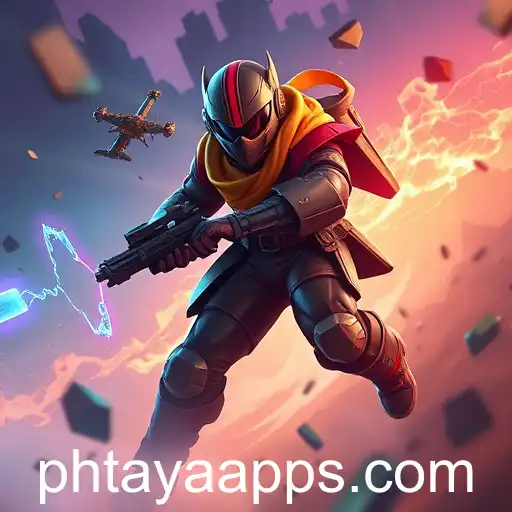
Exploring the evolution and influence of PHTaya Apps in the gaming industry, highlighting current trends and future impacts in 2025.
In the ever-evolving landscape of digital entertainment, PHTaya Apps have emerged as a significant player within the global gaming community. As we progress through 2025, the influence of these apps on both gamers and developers alike is undeniable.
PHTaya Apps, known for their innovative approach to game design and user engagement, have captivated audiences worldwide. Leveraging cutting-edge technology, these apps provide immersive experiences that go beyond traditional gaming frameworks. This innovation is reflective of broader trends within the industry, where the focus is increasingly on virtual reality, augmented reality, and AI-driven gaming environments.
Recent reports indicate that the PHTaya platform experienced substantial growth in its user base, echoing a larger shift towards mobile-centric and cross-platform gaming solutions. These trends underscore the demand for accessibility and versatility in the gaming experience. As the gaming industry continues to boom, PHTaya Apps are poised to lead in integrating new technological advances into their offerings.
Beyond technological innovation, PHTaya Apps have also been at the forefront of nurturing gaming communities. By offering features that encourage social interaction, competitive play, and collaborative game development, they create a dynamic ecosystem that fosters creativity and connection.
Engagement strategies such as weekly challenges, community events, and developer workshops showcase how PHTaya Apps maintain a vibrant user community. These strategies not only boost user retention but also contribute to the organic growth of the platform. Moreover, the apps' ability to adapt and incorporate feedback from users and developers ensures their relevance and popularity.
Looking ahead, the landscape for gaming in 2025 appears robust, with PHTaya Apps playing a crucial role. The combination of technological prowess and community-building capabilities places them in a position to influence future industry directions. As digital landscapes evolve, these apps illustrate the potential of games not just as entertainment, but as integral components of modern digital culture.




